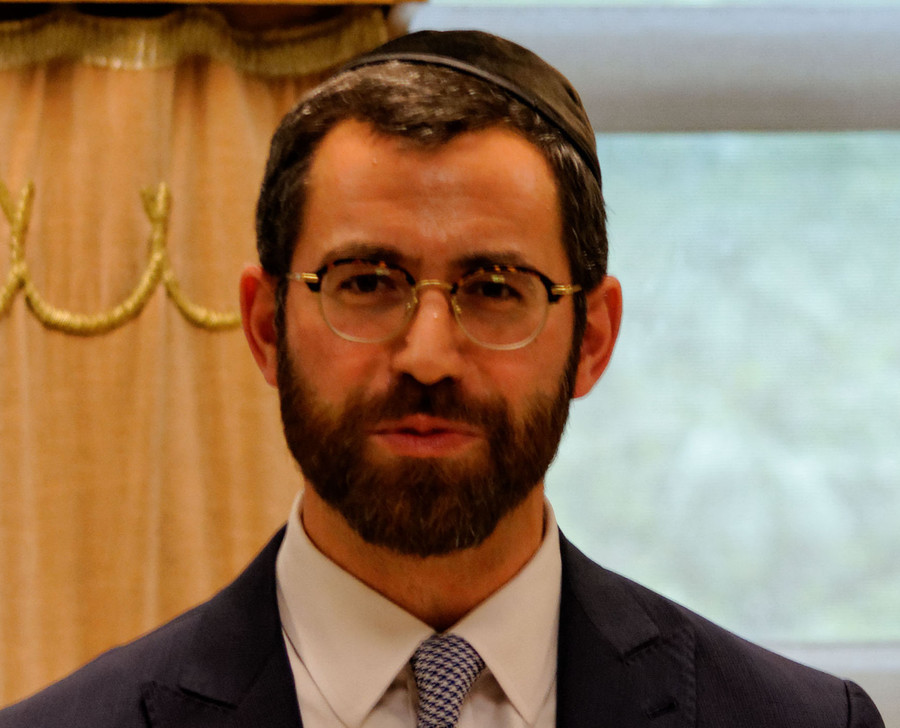Teens and Tech: What you do, what you don’t
“I’m recording this on an iPhone,” said Rabbi Ephraim Polakoff of Woodmere’s Bais Tefilah. “I have an iPad. I have a computer. I do everything on a computer.”
Rabbi Polakoff began his talk on “Teens and Technology — What You Do and What You Don’t” — by insisting that he was not delivering a shiur bashing technology, but rather he was advising parents of teenagers of the dangers technology could pose and steps that should take to mitigate those negative effects. He also warned that while the focus of his shiur was on teenagers, technology poses risks to parents and families as a whole. The theme of the shiur, he said, was “building strong families.”
Rabbi Polakoff reviewed both potential benefits and harms that could come from the internet and the nearly unhindered access most everyone has to it. Being able to communicate with anyone in the world and have access to information at the tips of one’s fingertips can be extremely helpful but it can also be detrimental.
“They’re flip sides of the same coin,” he said. “Some aspects can be a bracha and some can be a klalah.”
Rabbi Polakoff said that he had taken a survey of 140 teenagers regarding their use and access to technology. His survey showed that 97 percent of teenagers that he polled had smartphones. More than half of them had zero restrictions or filters on their computers or phones.
He said that it was clear to him that teenagers need more restrictions but that in his opinion, which was influenced by the responses to his survey, those restrictions shouldn’t be forced upon them. As one of the teenagers who responded to his survey put it, “More restrictions means more rebellion.”
Rabbi Polakoff advised parents to have a discussion with their children about the potential harm the internet can cause to a person’s mind and neshama and that while restrictions and filters should be implemented there should also be a certain level of trust among families members as well.

 46.0°,
Light Drizzle
46.0°,
Light Drizzle 




